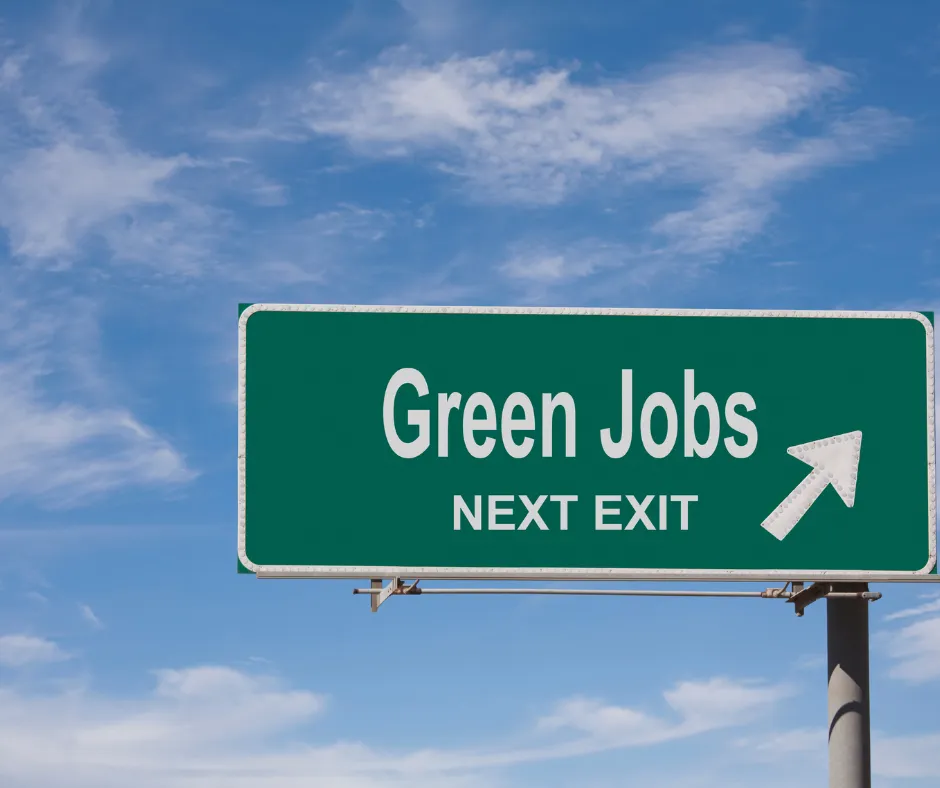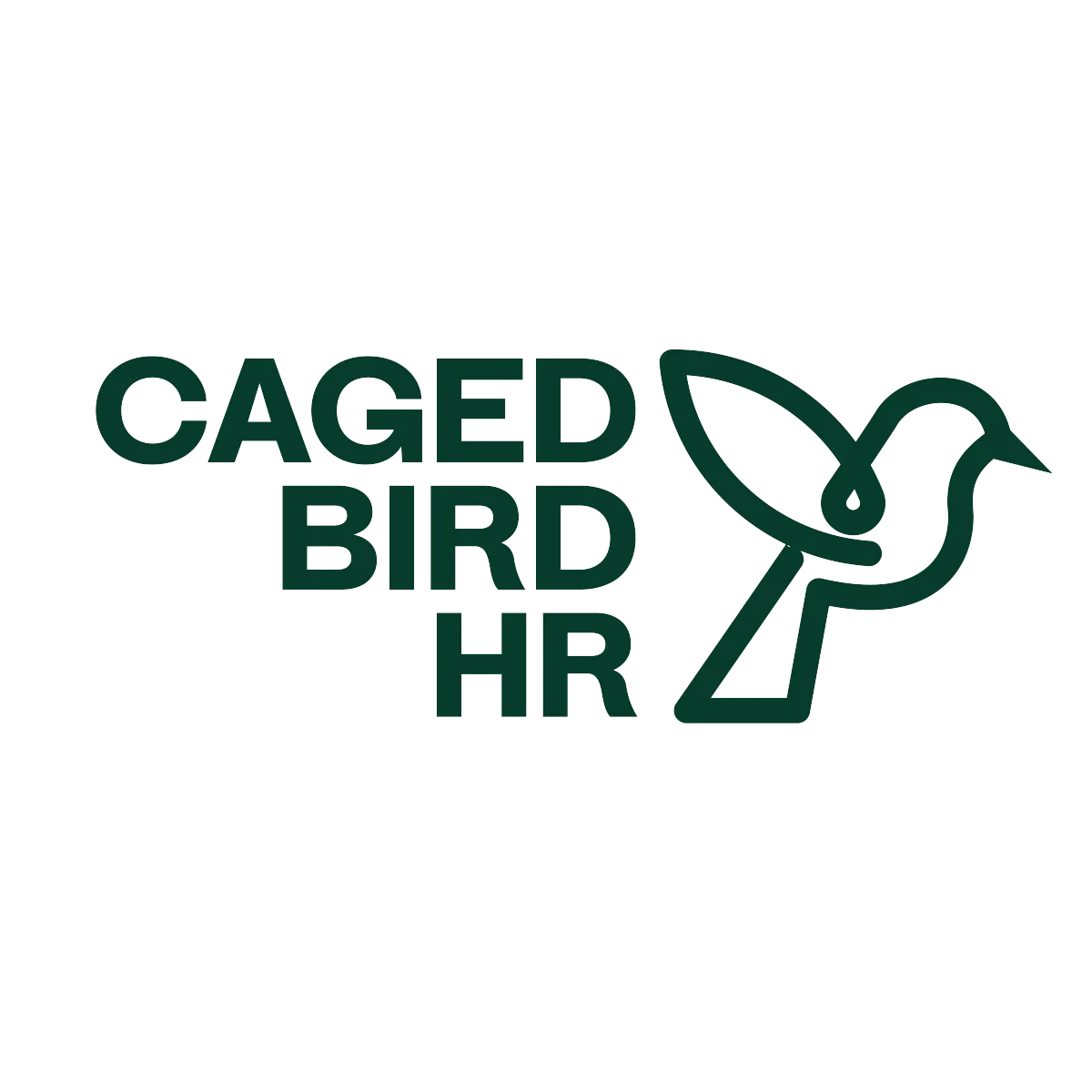Blogs

Green Collar Jobs: Is Your Career Climate-Change Ready?
Green Collar Jobs: Is Your Career Climate-Change Ready?
The global shift towards sustainability and environmental consciousness is reshaping the job market at an unprecedented pace. As climate change concerns take center stage in policy-making and corporate strategies, a new category of employment is emerging: green collar jobs. These roles, focused on environmental protection and sustainability, are not only crucial for our planet's future but also represent a significant opportunity for career growth and stability. This article explores the rise of green collar jobs and helps you assess whether your career is ready for the climate change era.
Green collar jobs span a wide range of industries and skill levels, from renewable energy technicians to sustainability consultants and environmental policy advisors. According to the International Labour Organization (ILO), the transition to a green economy could create 24 million new jobs globally by 2030 (ILO, 2018). This surge in eco-friendly employment is driven by factors such as government regulations, consumer demand for sustainable products and services, and the urgent need to address climate change.
The renewable energy sector is at the forefront of this green job revolution. Solar panel installers and wind turbine technicians are among the fastest-growing occupations in the United States, with employment in these fields expected to grow by 52% and 61% respectively from 2019 to 2029 (U.S. Bureau of Labor Statistics, 2020). This rapid growth is mirrored globally, as countries race to meet their renewable energy targets and reduce reliance on fossil fuels.
However, the impact of climate change on careers extends far beyond the energy sector. Industries such as agriculture, construction, and manufacturing are all adapting to more sustainable practices, creating new roles and transforming existing ones. For instance, the construction industry is seeing a rise in demand for professionals skilled in green building techniques and sustainable materials. Similarly, the agricultural sector is embracing precision farming and sustainable land management practices, opening up opportunities for agri-tech specialists and conservation experts.

Corporate sustainability is another area experiencing significant growth. Companies across various sectors are creating positions for sustainability managers, corporate social responsibility (CSR) specialists, and environmental compliance officers. These roles are crucial in helping organizations reduce their carbon footprint, implement sustainable practices, and meet increasingly stringent environmental regulations. A study by HSBC found that 51% of companies plan to increase investment in sustainability over the next two years (HSBC, 2020), indicating a promising outlook for careers in this field.
The finance sector is also adapting to climate change realities, with the emergence of green finance and sustainable investing. Roles such as ESG (Environmental, Social, and Governance) analysts and impact investment managers are becoming increasingly important as investors seek to align their portfolios with environmental and social goals. According to the Global Sustainable Investment Alliance, sustainable investing assets reached $30.7 trillion globally in 2018, a 34% increase from 2016 (GSIA, 2018).
For those already established in their careers, the transition to a green economy offers opportunities for upskilling and professional development. Many traditional roles are evolving to incorporate sustainability principles. For example, supply chain managers are now expected to have knowledge of sustainable sourcing and circular economy principles. Human resource professionals are increasingly involved in developing green workplace policies and fostering environmentally conscious corporate cultures.
Education and research are also vital sectors in the fight against climate change. There's a growing demand for environmental educators, climate scientists, and researchers specializing in sustainable technologies. Universities and research institutions are expanding their environmental science and sustainability programs, creating new academic and research positions.
The public sector plays a crucial role in driving the transition to a green economy. Government agencies at all levels are creating positions focused on environmental policy, urban planning for climate resilience, and management of natural resources. These roles are essential in developing and implementing strategies to mitigate and adapt to climate change impacts.
To prepare your career for the climate change era, consider the following strategies:
1. Assess your current skills and identify areas where you can incorporate sustainability principles.
2. Stay informed about environmental trends and regulations in your industry.
3. Seek out training and certifications in sustainability-related areas relevant to your field.
4. Network with professionals in green industries and join environmental professional associations.
5. Look for opportunities within your current role or organization to contribute to sustainability initiatives.
The transition to a green economy also presents challenges, particularly for workers in carbon-intensive industries. Recognizing this, many governments and organizations are focusing on "just transition" strategies to ensure that the shift to a low-carbon economy is inclusive and equitable. Retraining programs and policies to support affected workers are becoming increasingly important components of climate action plans.
As the world grapples with the urgent need to address climate change, green collar jobs are not just a trend but a fundamental shift in the global job market. Whether you're starting your career, looking to make a change, or aiming to future-proof your current role, considering the environmental impact of your work is crucial. By developing skills in sustainability and staying attuned to green trends in your industry, you can position yourself at the forefront of this exciting and essential field. The future of work is green, and now is the time to ensure your career is climate-change ready.

Better Work, Better Life
Support@cagedbirdhr.com
Copyright 2025 Caged Bird HR®., a Worklution Inc Company All Rights Reserved

